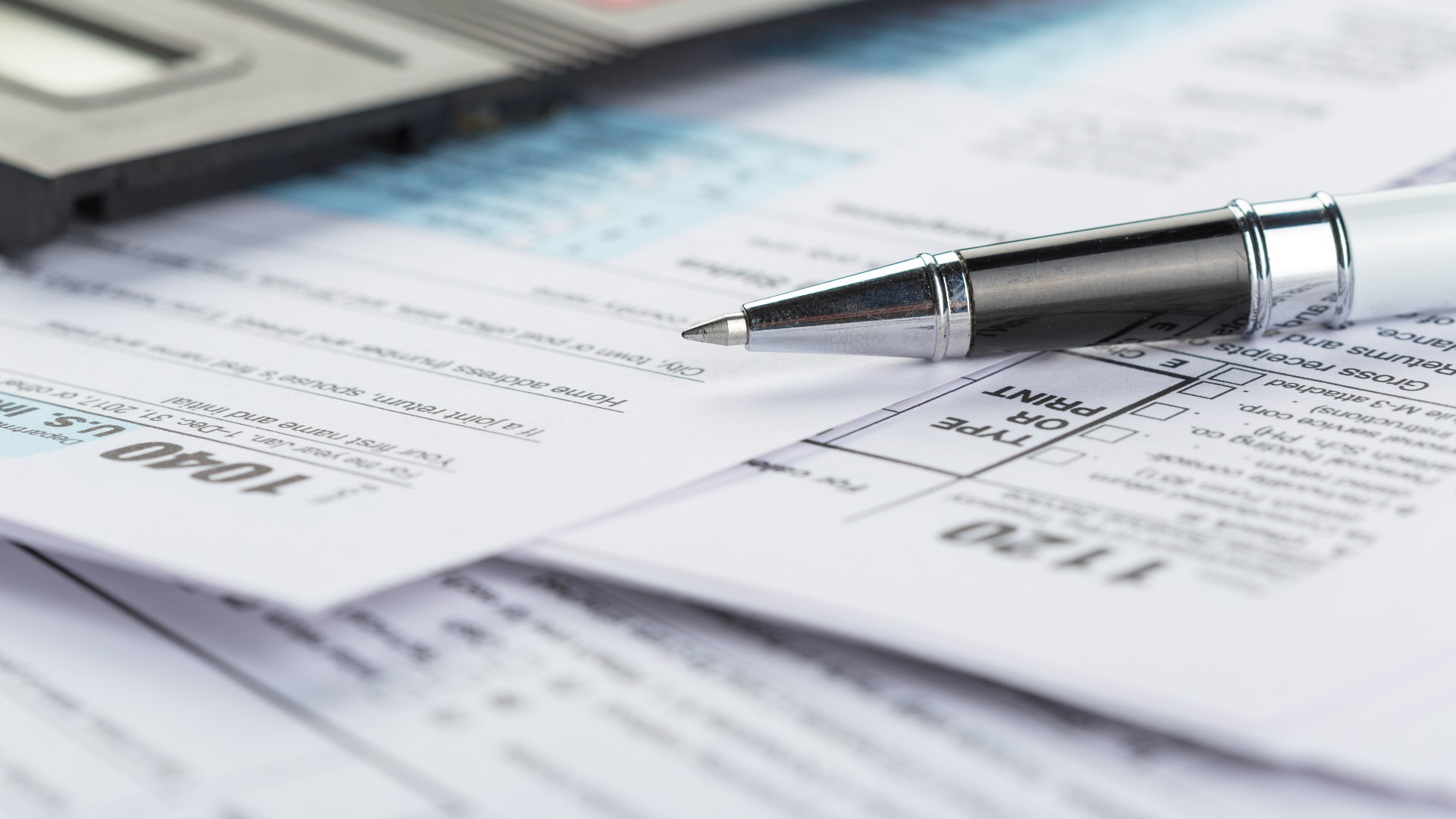MAINE, USA — Mainers have about a month left to file their taxes this year, since the coronavirus pandemic delayed Tax Day until July 15. As the deadline creeps closer, there's a program some people who live, work, and pay taxes in our state should know about, especially if they're still paying off student loans.
The Educational Opportunity Tax Credit is a unique incentive program, designed to encourage people who have gotten a degree to live and work here in Maine. Most people know they can deduct student loan interest when paying their taxes, but this tax credit program essentially reimburses Mainers for payments they've made on their student loans.
This credit (also known as the Opportunity Maine Tax Credit) is available for people who received:
- an associate or bachelor's degree after 2007 from an accredited Maine community college, college, or university
- an associate or bachelor's degree after 2015 from a non-Maine accredited community college, college, or university
- a graduate degree after 2015 from an accredited Maine college or university
For 2019 graduates, up to $77/month is available for an associate degree; up to $367/month is available for a bachelor's degree; and up to $338/month is available for a graduate degree. That means that a 2019 bachelor's degree recipient could see a maximum credit of $4,404.
The credit can be used dollar for dollar against tax liability, which usually results in a larger tax refund. The credit you can't use can be held and carried over for up to 10 years. For STEM majors, that extra credit is actually refundable, which means you pay the tax liability and then get the rest of it back.
Right now, there is no time or income limit -- so, even if you are a high earner and don't get a student loan deduction, you can still apply for this credit. If you didn't know about the credit in years past and want to apply, Anne Powelson, a master tax advisor at H&R Block in Bangor, says you can amend tax returns back through 2016.
Powelson recommends that anyone who can apply for this credit should try.
"Some people feel it’s too much work to get it, and it’s really not," Powelson expressed. "It can be tough that first year to gather all the information, but it’s such a great refund to have -- and once you’ve got the information the first year, it’s usually easier the following years. You’re just showing that you’re still paying, so it’s awesome."
To apply, you must send in a transcript (official or unofficial) and show what student loans you have, when they were dispersed, what payments you're required to make, and proof that you're paying. The credit isn't available for some technical fields, but Maine residents in the military or who work on ships can still apply.
The following resources have additional, helpful information:

